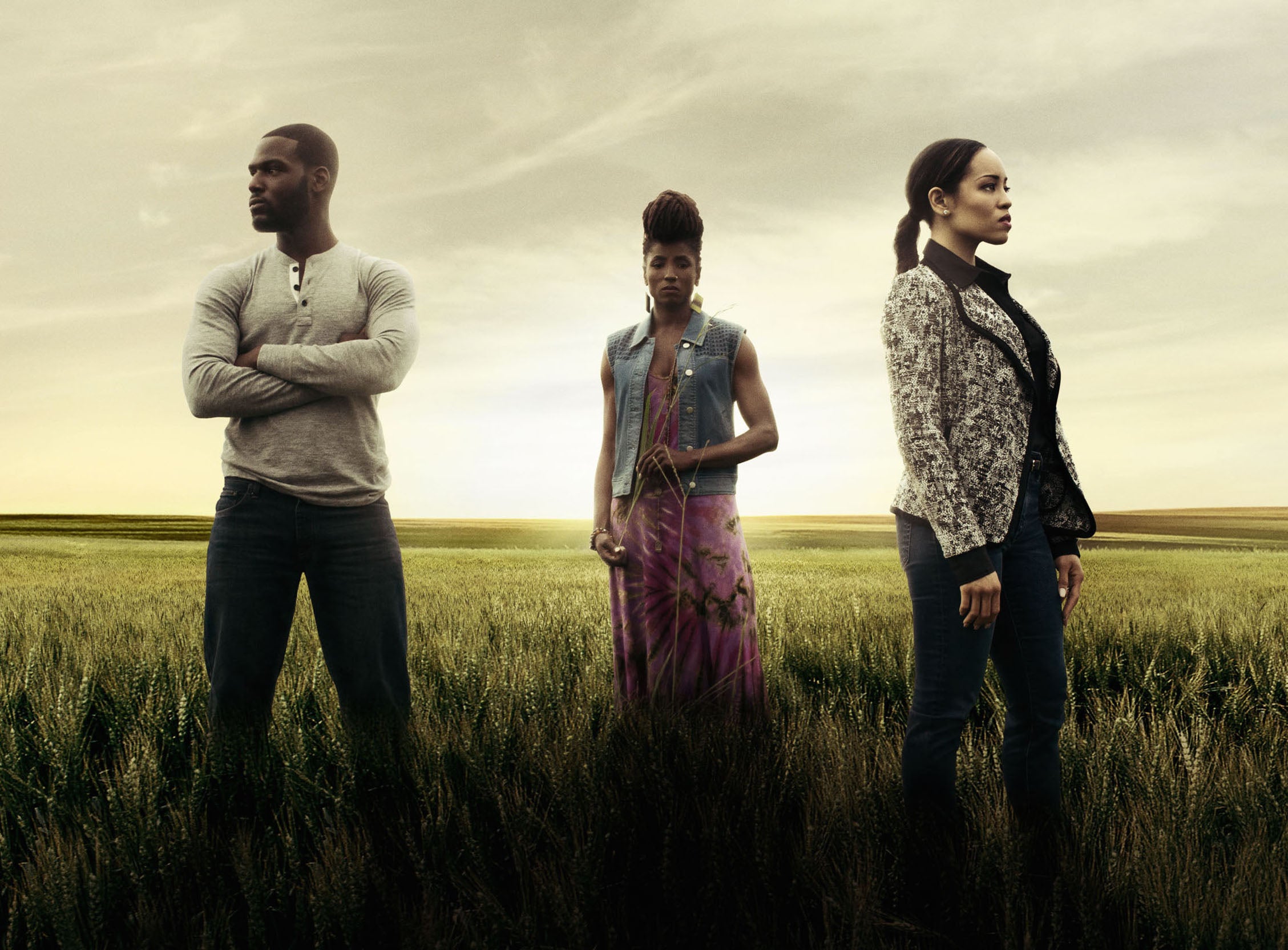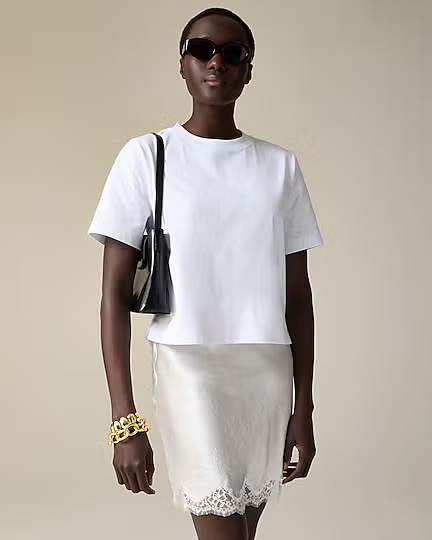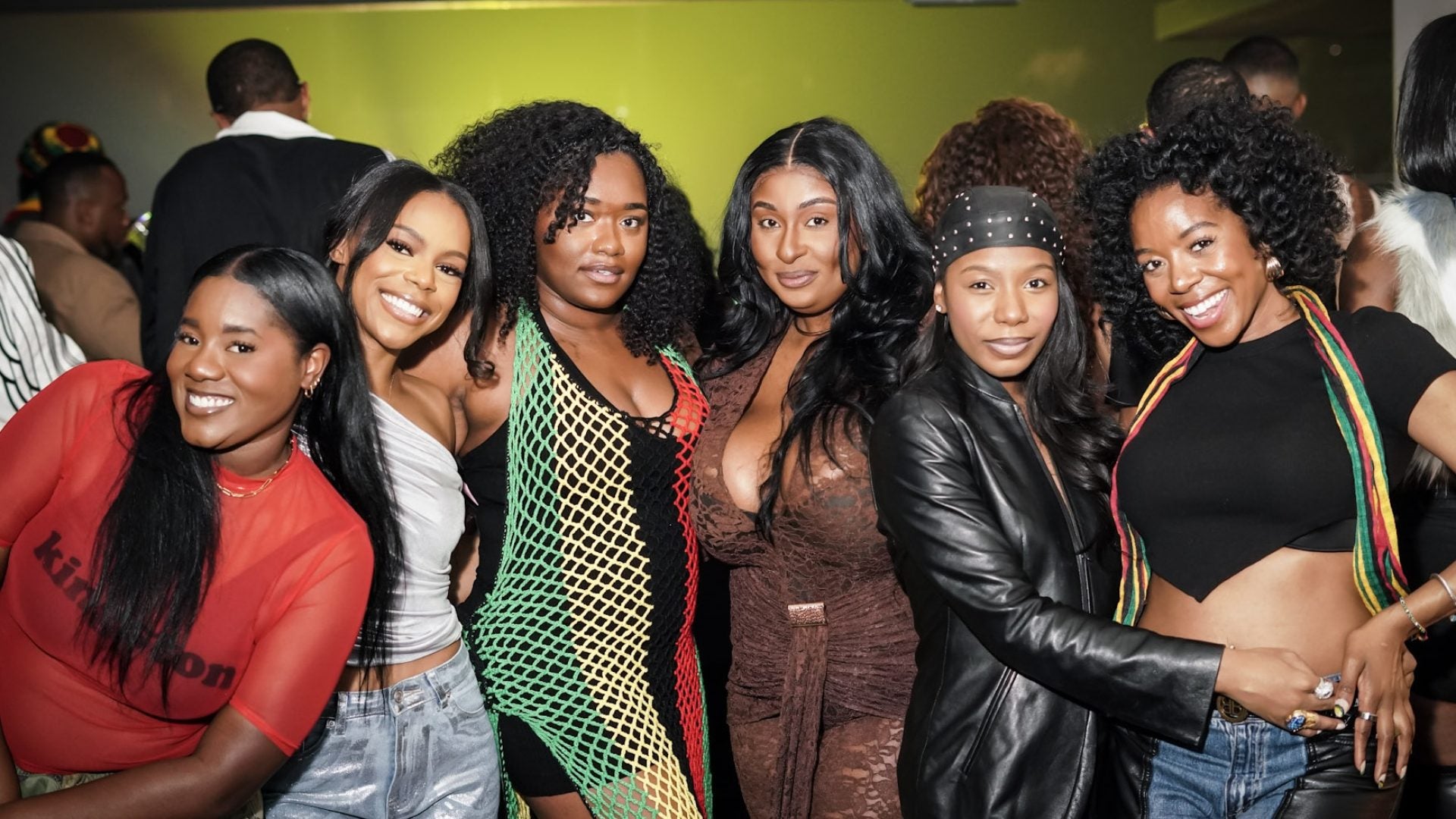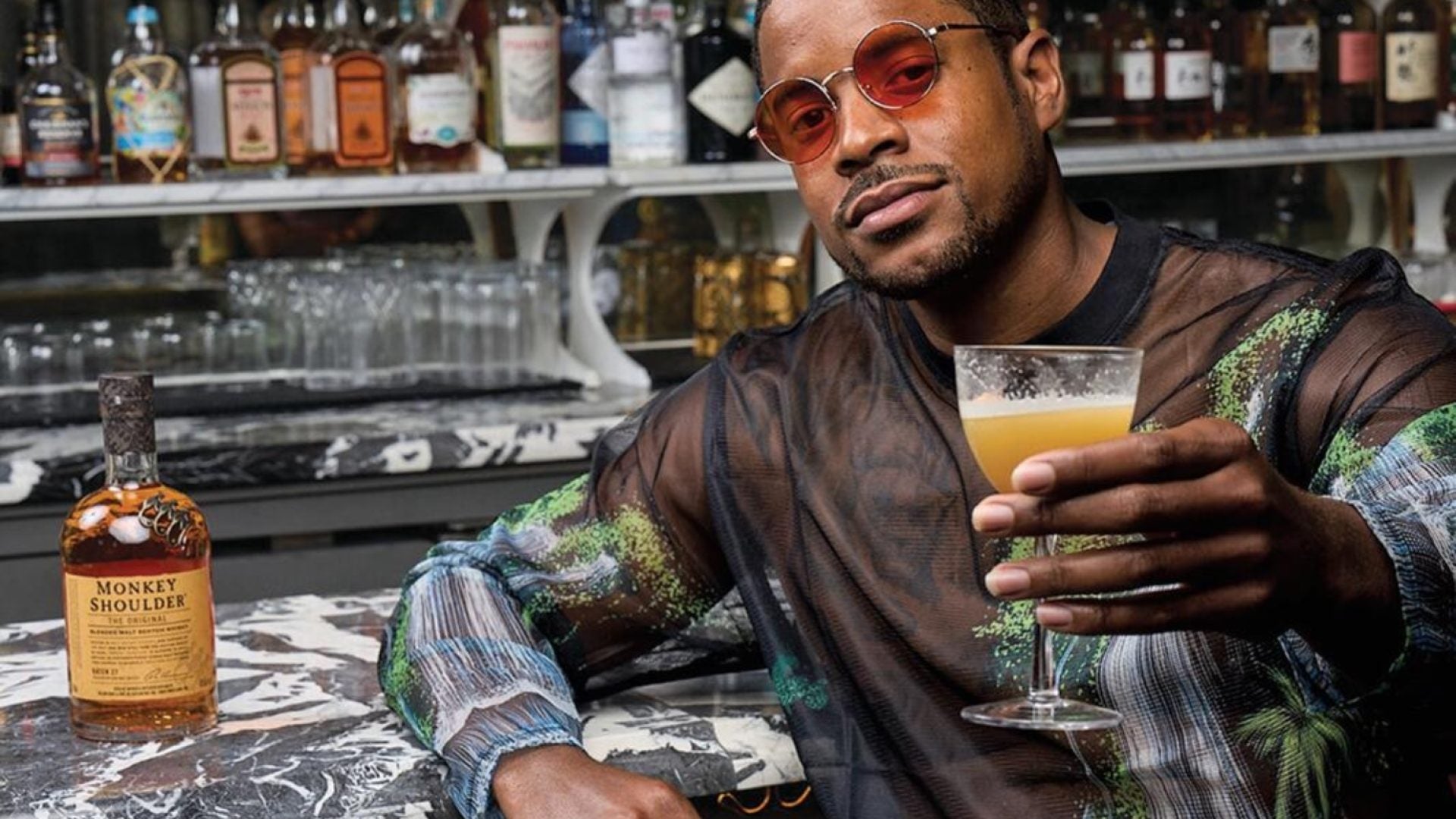
Beloved OWN drama, Queen Sugar returned for its second season with episodes on Tuesday and Wednesday. In the first season a plethora of topics were tackled, from death to sexuality and family conflict. And while we didn’t expect anything less this time around, writers went full speed ahead and addressed police brutality in the debut airing.
Davis and Charley Bordeleon West’s son Micah was the victim. The choice to have the teenager be the focus on the social commentary was deliberate— he’s a picture of innocence, has always lived in privilege as the son of an ex-NFL player, and he’s carefree.
Pulled over for speeding —in coincidentally his new convertible— Micah observes protocol and attempts to pull out his license. Immediately thoughts of Philando Castile and Amadou Diallo flood the minds of those familiar with the cases of Black men simply trying to comply with officers by showing their identification.
The officer draws his gun on Micah, and the suspense created is an all too familiarity anxiety for some viewers, but could very likely be a first for others.
The beauty in Queen Sugar, aside from the exceptional cinematography, is that it brings to surface everyday issues Black Americans deal with in poignant storytelling. Jarring to the unfamiliar, the reality of being killed on-spot by an officer of the law is real. It’s real, and it’s scary, and it’s unbelievable— but it literally happens all the time.
What unfolds after the pullover is a mix of upset and grieving. Upset, in Davis having to take a selfie/shuck-and-jive with an officer in order to get see his son. And grieving in the deceased innocence of Micah, now having felt the reality of his Blackness.






As a top trend for Twitter both nights, Queen Sugar has done the impossible. It’s acknowledged Black humanity, in an inhumane paradigm. It’s made Black beautiful but also shown the burden of it. And most importantly, it’s created dialogue about the Black experience on a mainstream platform.









